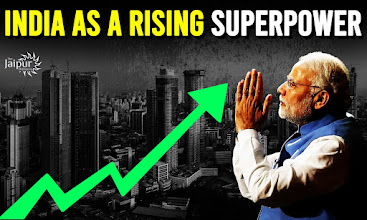Generation Gap

Introduction: The generation gap is a common phenomenon in society that refers to the differences in attitudes, beliefs, and values between different generations. It is caused by various social, economic, cultural, and technological changes that occur over time. The generation gap can have both positive and negative effects on society, and it is essential to bridge the gap between different generations to promote understanding and harmony. In this essay, we will explore the causes, effects, and ways to bridge the generation gap, with examples from different societies and communities. Causes of the Generation Gap: There are various causes of the generation gap, including social, economic, cultural, and technological changes . One of the main causes of the generation gap is the rapid pace of technological change , which has created a significant divide between the younger and older generations. The younger generation has grown up in a world dominated by technology, while the older gener...





